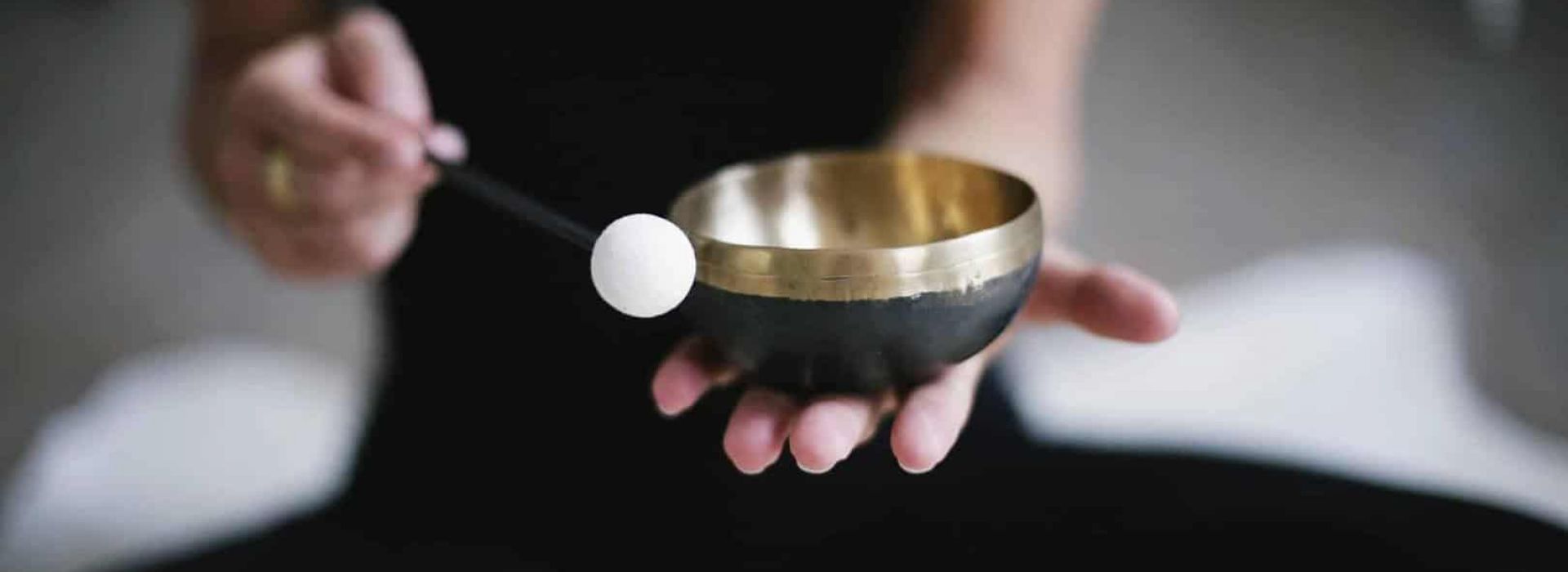Holistic Treatment for Depression

Holistic treatment for depression is gaining traction in the mental health world as it becomes increasingly clear that healing on a deeper, more permanent level requires healing the whole person, not simply remedying isolated symptoms. Holistic treatment for depression does just that: addresses the root cause of the disorder, as well as its many mental, physical, emotional, and spiritual manifestations in a person’s life.
What Is Depression?
In a medical or clinical context, depression can be summed up as a mental health condition characterized by feelings of despair, hopelessness, and or worthlessness. The degrees of depression can vary from person to person and is typically brought on by one or more combinations of traumatic events, life transitions, and or stressing situations. This chemical imbalance in a person’s brain can drastically affect their overall ability to perform basic functions. It’s not unheard of for someone with depression to feel like they can’t get out of bed or perform basic tasks.
According to the NIMH, approximately 8.4% of all adults in the US reported experiencing one or more depressive episodes in 2020. That’s roughly 21 million people in America ages 18 and older! Fortunately, all is not lost. Professionals in the medical community have several options for individuals struggling with depression.
What are the Options for Holistic Treatment for Depression?
If you report to your doctor that you’re struggling with depression, they may suggest medication. Antidepressants can sometimes require a long trial-and-error process to find the medication and dosage that work for each individual.
While antidepressants can drastically help in decreasing symptoms of depression, they do not address the root cause of the depression itself. Antidepressant medication is therefore most effective when used in conjunction with psychotherapy and other holistic treatment for depression. If medication is used, it can help with improving symptoms such as insomnia and appetite loss, so that deeper work can happen in therapy from a more resourced place.
Many people prefer to avoid medication all together due to potential side effects, and thus try holistic treatment for depression before resorting to medication. Whether medication is a part of a person’s holistic treatment plan or not, having an integrative or holistic approach to treating depression is important.
Most medical professionals recommend some form of psychotherapy such as Dialectical Behavior Therapy (DBT) or Cognitive Behavior Therapy (CBT) to help develop coping strategies to managing depression. Trauma therapy such as EMDR, psychodynamic therapy, motivational interviewing, and expressive therapies can also help to uncover the underlying cause of the depression and lead to longer term healing.
In addition to talk therapy and/or medication, doctors may suggest other holistic treatment options for depression. Some of these approaches might include:
- Nutrition
- Exercise
- Meditation/Mindfulness
- Acupuncture, Reiki, and other alternative healing therapies
- Community engagement
- Spending time in nature
- Functional medicine and/or herbalism
- Yoga
- Creative expression
- Spiritual practices
Each of these, as well as many other integrative approaches to care, may be part of a plan for holistic treatment for depression and/or other mental health struggles. Flatirons Recovery prides itself on being a truly holistic dual diagnostic program that attends to various types of mental disorders and addiction, incorporating many of the above forms of holistic treatment into our programming. If you or someone you love is struggling with depression and/or addiction issues, contact us to learn how we can help.

